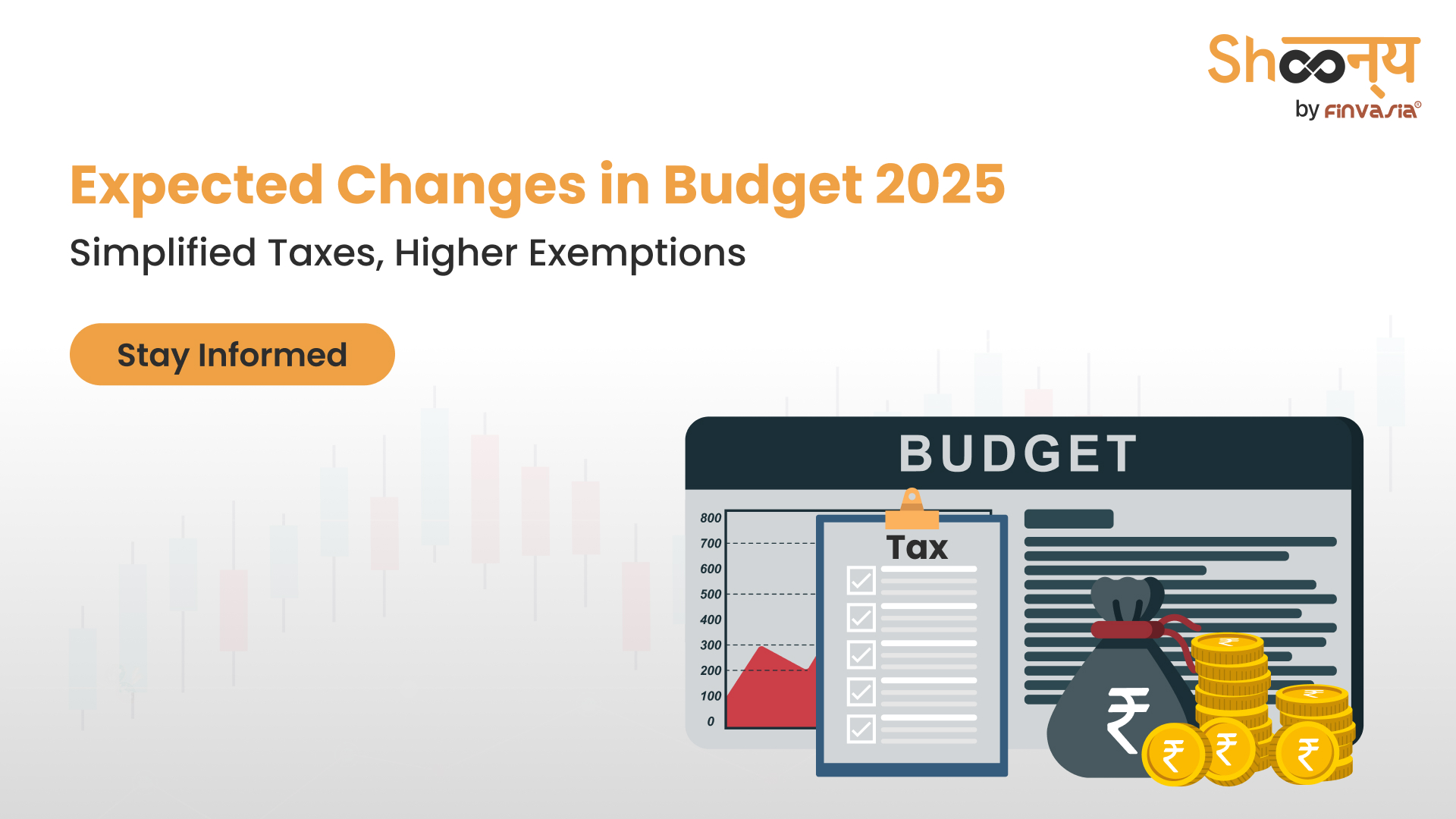Budget 2025: Potential Overhaul in Tax Filing and Exemptions

The budget 2025 expectations have started brewing as the Union Budget is around the corner. The common people have been awaiting significant changes in direct taxation for a long and this budget may be the silver lining in that path. In this blog, we will be discussing the different budget 2025 income tax expectations, and other related expectations as well. Let’s begin.
Proposed Changes in Tax Filing Rules
There are proposals to revamp the income tax rules to simplify the entire process and the proposal is currently under review. It can be expected that the final draft of the new rules will be issued for public consultation around January’s middle. After public consultation, the revised legislation will be announced in the Budget 2025.
The proposed changes are as below –
- The tough and complex statures for income calculations will be replaced by formulas.
- No more assortment year and financial year which often confuse many. Instead, there will be only tax year whose definition will be used.
- For easier understanding, a tabular format will be used for identical taxpayers.
- Less number of forms need to be filled and submitted for online tax return filing also making all required forms available online readily.
These proposals are being reviewed currently in the Budget sessions as these changes are crucial because, in the last decade, there have been more than $120 billion (₹10.5 trillion) stuck in tax disputes. These amendments in the tax laws will not only help simplify the legislation but also help in modernizing it as per the requirements of today’s time.
Higher Tax Exemptions and other expectations
Apart from simplifying tax-filing rules, people are expecting a significant rise in the income tax exemption limit. The basic tax exemption limit, which is now ₹ 3 lakh, is expected to be raised to ₹ 5 lakh along with some reductions in the tax rates.
Other expectations from the budget include –
- Clear guidelines for cryptocurrency taxation norms and non-fungible tokens (NFTs). It should also clarify the treatment of loss incurred in Virtual digital assets.
- Earnest and Young (EY) also commented that the maximum limit on the set-off of house property losses needs to be removed.
- Tier-2 cities such as Pune, Hyderabad, Ahmedabad, and Bengaluru need to be included in HRA exemption at 50% to bring tax parity.
- The benefit of ESOP tax deferment should be for all employers
- Employer contribution needs to be simplified for any contribution exceeding ₹7.5 lakhs to any particular funds.
- Compliance burden can be reduced by deferring TDS on PF interest over and above ₹ 2.5 lakhs until the withdrawal stage
Wrapping up
This budget is crucial for both the government and its people who are hopeful about income tax filing changes and implications, and reductions in tax rates. Now we will have to wait for 1 February, when the Union budget will be unfolded.
Source: TheEconomicTimes
______________________________________________________________________________________
Disclaimer: Investments in the securities market are subject to market risks; read all the related documents carefully before investing.








